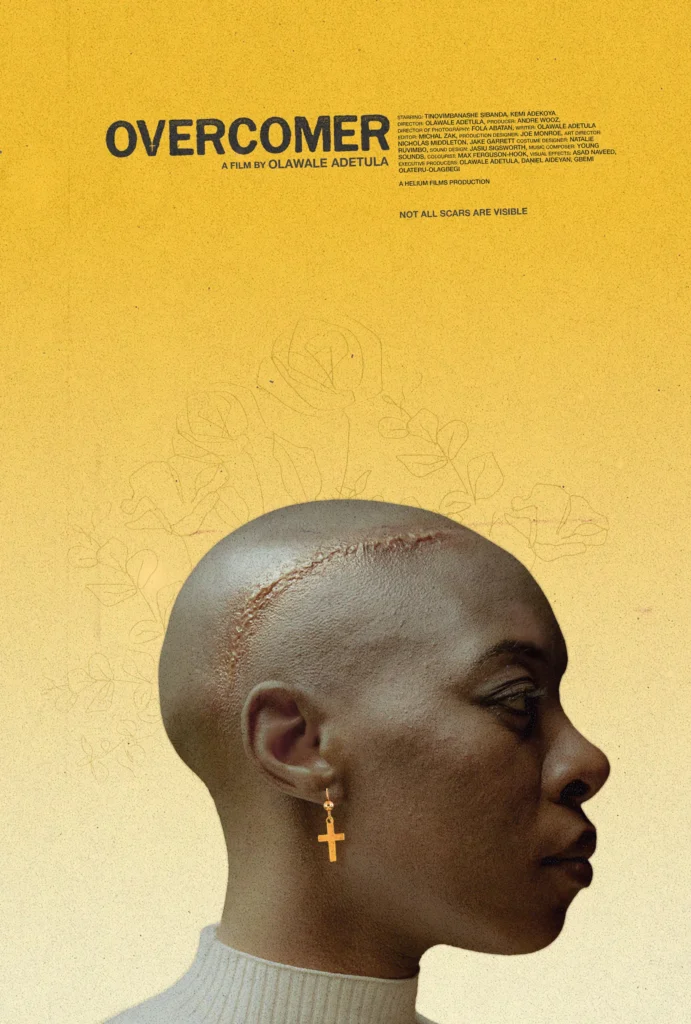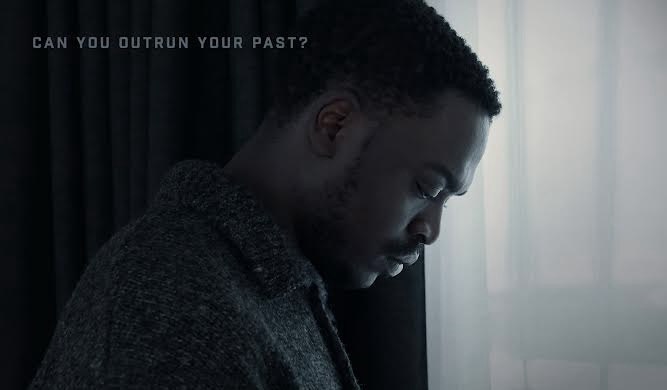At the center of director Adetula’s minimalist short film is Toni (Tinovimbanashe Sibanda), an international student grappling with mounting debts and a needy mother who clearly doesn’t care about her situation. Toni’s world is a pressure cooker: overdue tuition notices pile up, her manipulative mother demands money for trivialities like a wedding fabric, and her job interview shifts from virtual to in-person, further fueling her insecurities.

This pivot forms the film’s central conflict, thrusting Toni—a self-conscious young woman who always conceals a prominent scar on her head beneath a wig—into a maelstrom of last-minute preparation and dread. The job’s paycheck would be a lifeline for her debts and her mother’s monetary requests, yet the prospect of having to face her interviewer physically—a routine she may not be used to—threatens to unravel her fragile composure, in a narrative set in a post COVID world where virtual communication has saved many.
The title Overcomer may seem a little exaggerated, vague even given that there’s not enough time spared for the audience to invest in Toni’s character properly. What exactly makes her an “overcomer”? Certainly not the brief job interview (who isn’t nervous before an interview, anyway?).
Or is it the striking scar on her head and the story behind it that makes her an “overcomer”? Toni only invites us into her personal space and not her private life, one where we observe that podcast sermons and cigarettes help her manage stress. But in her moment of brief epiphany, she realises something: she doesn’t need to hide behind her wigs anymore to impress or feel better. And for a film tilting towards the inspirational genre, this perhaps is a personal win and holds a lot of meaning for her.
Still, the restraint on Sibanda’s Toni character makes this moment less meaningful. For me, maybe. I’d have loved to see how she wears this new sense of self and if this freedom empowers her to call out her mother’s behaviour as well or set boundaries with her. But instead what you get is an ending that is flat and needless, leaving you with a lingering sense of dissatisfaction.
But Adetula’s minimalist direction is both a strength and a point of contention. His singular focus captures the suffocating weight of Toni’s personal and familial burdens, while subtly weaving in broader themes like the immigrant experience, and self-acceptance. The film’s understated aesthetic and visual restraint somehow intensifies Toni’s internal chaos, with Sibanda’s performance grounding the narrative in a relatable emotional truth.
Become a patron: To support our in-depth and critical coverage—become a Patron today!
Join the conversation: Share your thoughts in the comments section or on our social media accounts.
Track Upcoming Films: Keep track of upcoming films and TV shows on your Google calendar.




